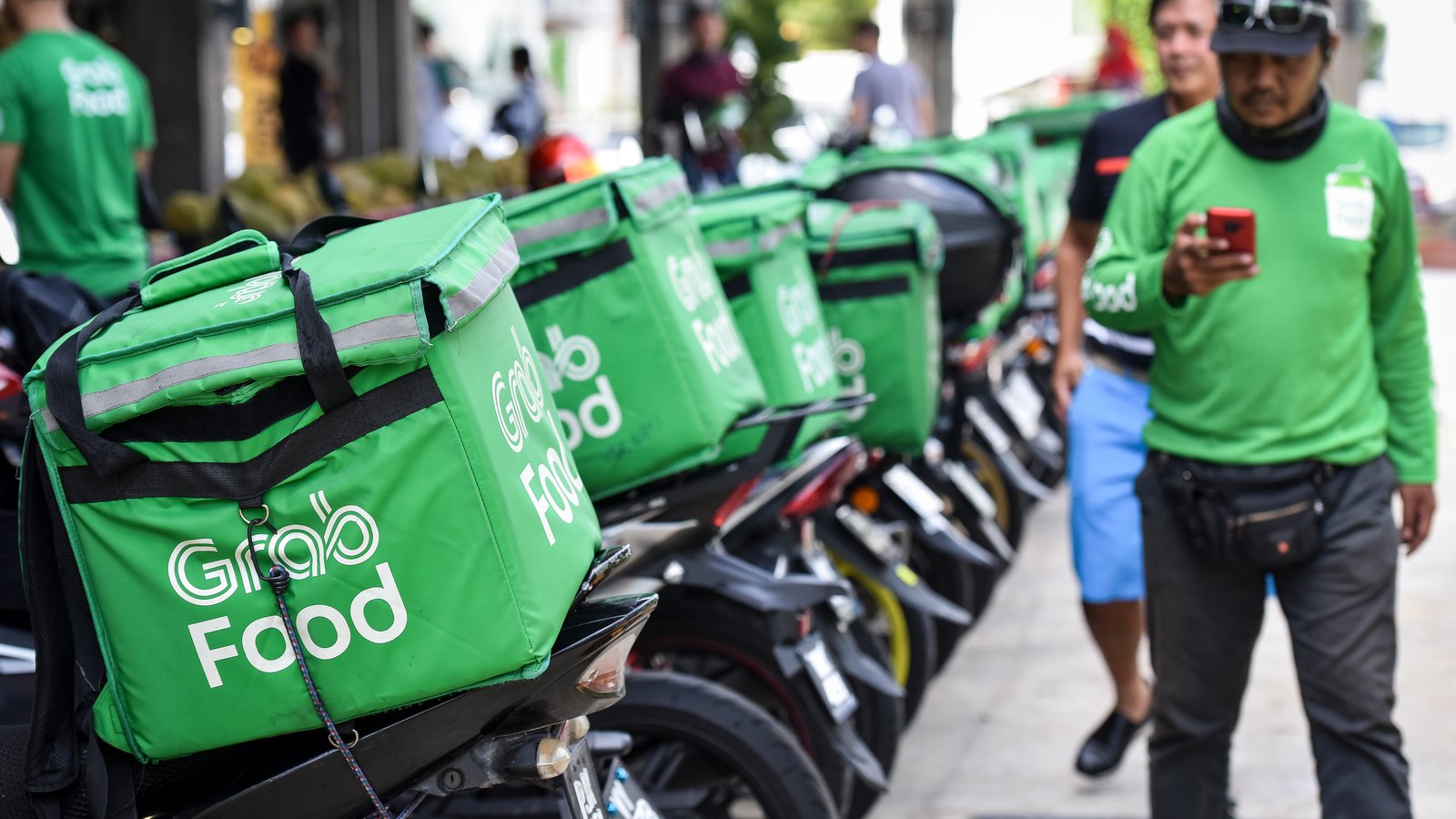I recently wrote a bullish column on DoorDash (NYSE:DASH) stock, so I’m certainly not bearish on all delivery names. However, there are two very important differences between DASH stock and Grab Holdings (NASDAQ:GRAB) stock.

Specifically, Grab operates in countries with much weaker economies and lower standards of living than DoorDash. And, paradoxically, Grab’s valuation is much higher than DoorDash’s at this point.
Meanwhile, Grab, like DoorDash, is facing fairly intense competition.
Unfavorable Economies
In general, Grab operates in developing countries with relatively small and poor middle-class populations.
Among its largest markets are Indonesia, Malaysia, the Philippines, and Thailand. Last June, the World Bank reported that: “Despite the encouraging efforts by the Government and different stakeholders to create more jobs, Indonesia is not creating sufficient middle-class jobs to fuel a middle-class country.” The organization added that: “only seven percent out of the 49 million wage employees earn a middle-class income, enjoy full social benefits, and hold an indefinite-term employment contract.”
Last August, The Diplomat stated that Malaysia’s middle class “may be collapsing.” Thailand’s gross national income per capita was only $4,200. In parts of Thailand, upper middle class people earn only around $1,200 per month, and the country, along with Malaysia, may be hit by stagflation soon.
In the Philippines, whose population is about 110 million, only about five million households are considered “middle middle-income class” or higher.
In these relatively poor countries, with struggling middle classes, I find it difficult to believe that a meaningful percentage of people are going to spend significant amounts of money on deliveries.
Grab Stock Has Tough Competition and Its Valuation Is High
Meanwhile, as InvestorPlace columnist Ian Bezek recently noted, Grab is facing tough competition and coping with low profit margins.
For example, in Indonesia, the company’s largest market, Grab is number two in the sector, behind the market leader, GoFood (a GoTo/Gojek brand). And while Grab is reportedly gaining market share in the country, it’s using large price discounts in order to do so. That doesn’t sound like a recipe for success.
Meanwhile, other players, including Sea (NYSE:SE), a formidable company, are entering the Indonesian market and offering significant discounts of their own.
On the valuation front, GRAB stock is changing hands for about eight times an analyst’s 2022 revenue estimate for the company. That’s a rather steep valuation for a company that’s still deep in the red (its operating income was -$1.2 billion in 2020) and is in a highly competitive sector with quite low barriers to entry.
Multiple Analysts Are Bullish
In a note to investors on Jan. 28, Goldman Sachs (NYSE:GS) analyst Pang Vittayaamnuaykoon wrote
“We see Grab as the beneficiary of the growing Southeast Asia internet economy, where increased urbanization, rising mobile/internet penetration, digitization of services and consumption, and a large under-banked population form a US$160bn TAM.”
The analyst started coverage of GRAB stock with a $7.9 price target and a “buy” rating.
Similarly, Morgan Stanley (NYSE:MS) contended that:
“[Grab] is well-placed to benefit from the structural growth of the digital consumer and tackle the large market opportunity where we think the total addressable market (by revenue) could grow from US$5.3bn in 2021e to US$16bn in 2025.”
The firm started coverage of the shares with an $8.4 price target.
The Bottom Line on GRAB Stock
I believe that, given the economic challenges in Grab’s markets, Goldman Sachs and Morgan Stanley could very well be greatly overestimating the company’s total addressable market (TAM).
Additionally, with its tough competition intensifying, Grab could have a difficult time holding onto its current market share in many of its markets. And even if it does manage to do so, it won’t have an easy time making a profit.
Given these points, I recommend that investors sell GRAB stock.
On the date of publication, Larry Ramer did not have (either directly or indirectly) any positions in the securities mentioned in this article. The opinions expressed in this article are those of the writer, subject to the InvestorPlace.com Publishing Guidelines.
Larry Ramer has conducted research and written articles on U.S. stocks for 13 years. He has been employed by The Fly and Israel’s largest business newspaper, Globes. Larry began writing columns for InvestorPlace in 2015. Among his highly successful, contrarian picks have been GE, solar stocks, and Snap. You can reach him on StockTwits at @larryramer.
